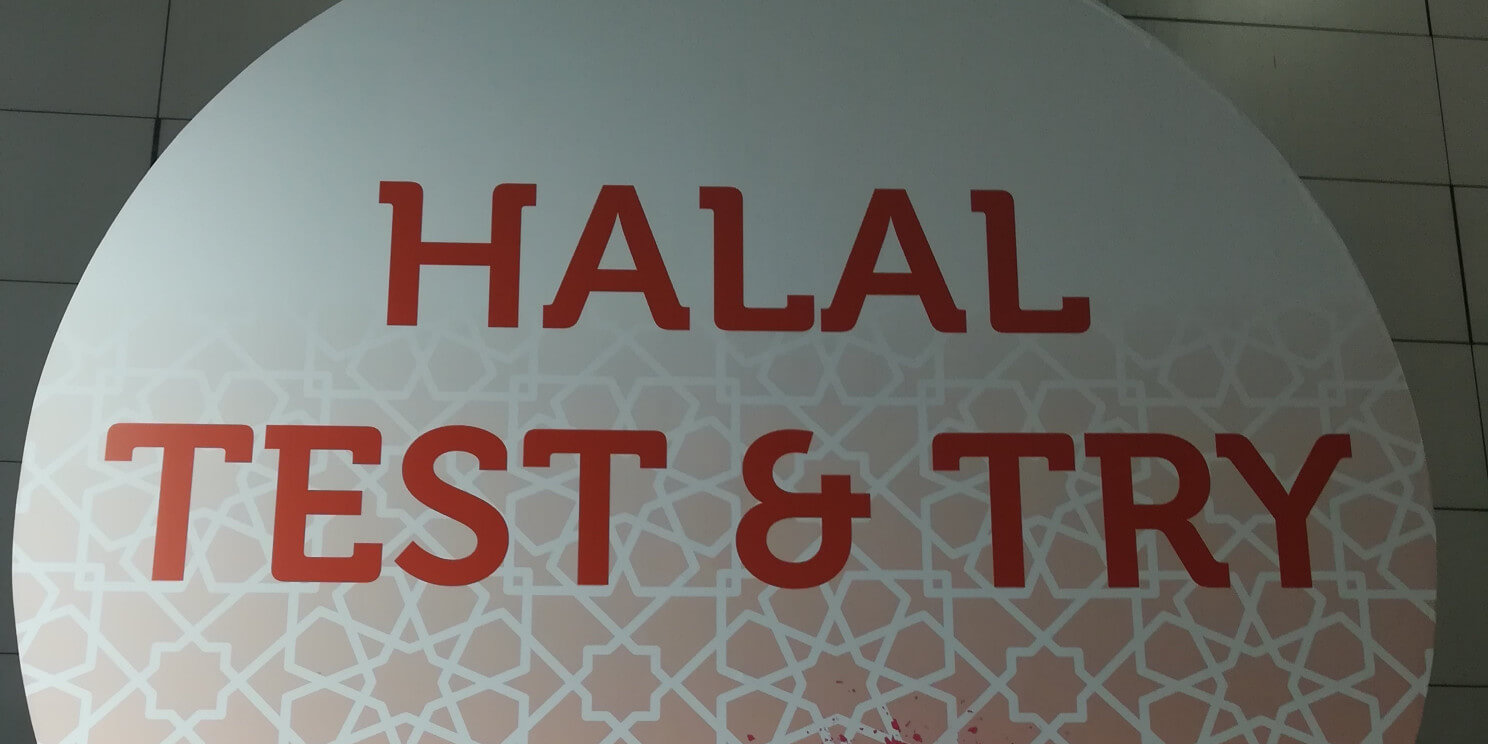Indonesian halal product assurance body still not fully effective after three years
The country took a major shift in halal certification in October 2019, but how has the transition worked?
Jakarta: Indonesia embraced a major shift in its halal certification space on 17 October 2019, transitioning from LPPOM MUI into the Halal Product Assurance Agency BPJPH with the body having made “significant progress” in terms of speeding up and simplifying the halal certification process.
Subandriyah, BPJPH co-ordinator of halal registration, said the number of applications submitted and halal certificates issued had increased in the last three years. In 2019 there were 498 applications and two halal certificates issued; the following year this shifted to 11,888 applications and 5,654 certificates.
Last year the agency processed 25,317 applications and issued 12,884 halal certificates, while the statistics for 2022 currently reflect 2,307 applications with 109 certificates issued. The number of products the agency has declared halal has also increased to 325,875.
This is against the 668,615 products LPPOM MUI deemed halal between 2012 and 2019, Subandriyah told a webinar held by the Indonesia Halal Training & Education Centre (IHATEC) on Tuesday.
He said the body, which falls under the ministry of religious affairs, was also expanding mutual recognition agreements with foreign halal bodies through a government-to-government scheme. This had already happened with Chile (2020), Argentina (2021) and Hungary in 2022.
“BPJPH, on behalf of the government of Indonesia in collaboration with the Ministry of Trade, is also spreading information on halal certification processes in Indonesia to international business operators through trade business councils and halal forums or desks,” Subandriyah added.
However, during the webinar, Roch Ratri Wandansari, Head of Regulatory and Scientific Affairs Nestlé Indonesia said there were “many things” the BPJPH had to improve. One issue was the lack of communication between LPPOM MUI and BPJPH that effectively delayed the timeline for receiving halal certification issuance.
“We use LPPOM MUI as our auditor and, after submitting the documents required, BPJPH (does) not issue the halal certificate. We need to check with LPPOM MUI whether they have sent the halal determination letter to BPJPH and check with BPJPH whether they have received the documents from LPPOM MUI,” Wandansari said, indicating some of the company’s products submitted for halal certification two or three months ago were still “hanging somewhere”.
“They need to develop a fully integrated system,” he said.
Another issue was when manufacturers had a new product development that fell within in the same category as an earlier one, but was then treated as a new registration. This translated into another inspection cost the company had to absorb.
“It should be one cost for one halal certification with no other halal inspection costs and no new registration for development. Also, there should be a reward for a company that implemented its halal assurance system in a good way, so when it expires in four years, it can be extended,” Wandansari added.
© SalaamGateway.com 2022. All Rights Reserved
